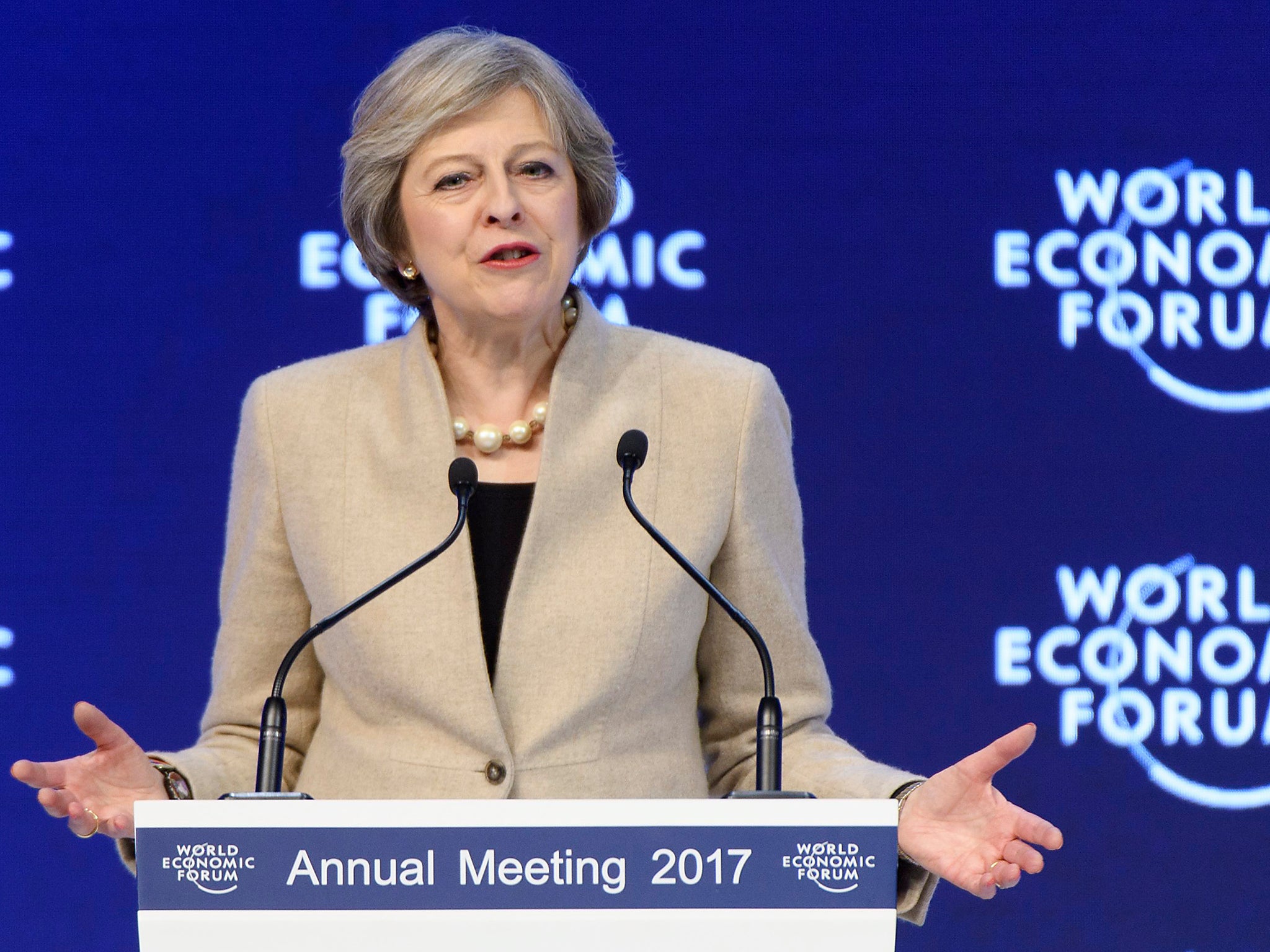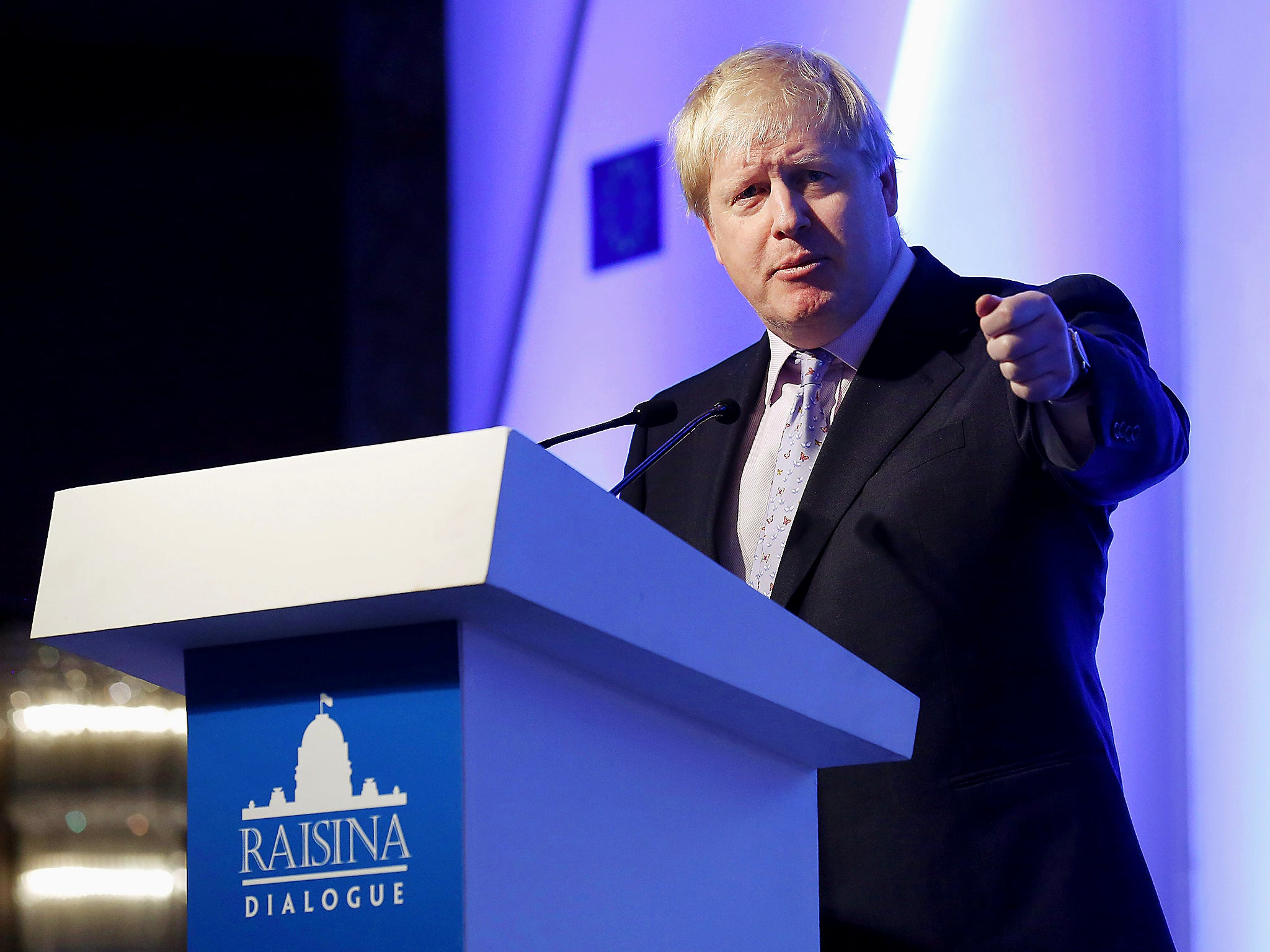Two countries have already told the UK they must relax immigration rules if they want free trade
Australia and India both want a better visa deal for their citizens in exchange for a post-Brexit trade deal

Your support helps us to tell the story
From reproductive rights to climate change to Big Tech, The Independent is on the ground when the story is developing. Whether it's investigating the financials of Elon Musk's pro-Trump PAC or producing our latest documentary, 'The A Word', which shines a light on the American women fighting for reproductive rights, we know how important it is to parse out the facts from the messaging.
At such a critical moment in US history, we need reporters on the ground. Your donation allows us to keep sending journalists to speak to both sides of the story.
The Independent is trusted by Americans across the entire political spectrum. And unlike many other quality news outlets, we choose not to lock Americans out of our reporting and analysis with paywalls. We believe quality journalism should be available to everyone, paid for by those who can afford it.
Your support makes all the difference.Two countries have already told the UK that it must relax immigration rules if it wants a free trade deal after Brexit.
Australia's high commissioner to the UK, Alexander Downer, has echoed India’s calls for Theresa May to relax rules on visa restrictions on its citizens if she wants to form a lasting trading partnership outside the EU.
Mr Downer told BBC Radio 4 that Canberra would seek "greater access" for Australian businesspeople before it agreed a deal with London. Informal ministerial talks between the two countries had already taken place to “explore the scope” of an agreement, he said.
“We would want to see greater access for Australian businesspeople working in the UK and that’s often been a part of free-trade negotiations – it hasn’t always been by the way, but it’s often been part of our free-trade negotiations," he added.
“For example, an Australian company that invests in the UK might want to bring some of its executives to the UK. That can be done now with what are called tier two visas, but maybe that could be made a little bit easier.”
The Government’s attempts to woo India also hit a snag earlier this week.
“Mobility issues are of importance to us; we cannot separate free movement of people from the free flow of goods, services and investments”, a senior Indian official said.

Ms May has made India - one of the fastest growing economies in the world - the centrepiece of her post-Brexit trade plans. It was the first country she visited after becoming Prime Minister.
Foreign Secretary Boris Johnson also flew to Delhi last week. He met members of the government and business leaders in order to “turbocharge” the relationship between the two countries.
His visit came shortly after Ms May announced there will be a Hard Brexit – meaning an end to freedom of movement – as anxieties over high levels of immigration played a major role in the EU referendum.
But many communities and industries which rely on non-EU workers have indicated they feel betrayed following promises from the Leave side that there would be more room for their skilled workers once immigration from the EU was restricted.
Britain’s £4bn curry industry, which campaigned for the UK to leave the EU, has already said it felt “betrayed” by Ms May’s post-Brexit immigration crackdown.
It said they were already struggling to hire chefs, who usually come from Bangladesh, because they do not earn the £30,000 per year required for a visa.
A survey published at the end of last year found the number of licensed curry restaurants had declined by 13 per cent in 18 months.
The president of the Bangladesh Caterers Association – which urged its members to vote for Brexit in the hopes of better visa rules – recently said he was “very disappointed” the Government’s refusal to introduce a points-based immigration system.
Pasha Khandaker said: “My organisation supported Brexit for several reasons but the main reason was to bring people from abroad to help our industry to survive.”
Join our commenting forum
Join thought-provoking conversations, follow other Independent readers and see their replies
Comments